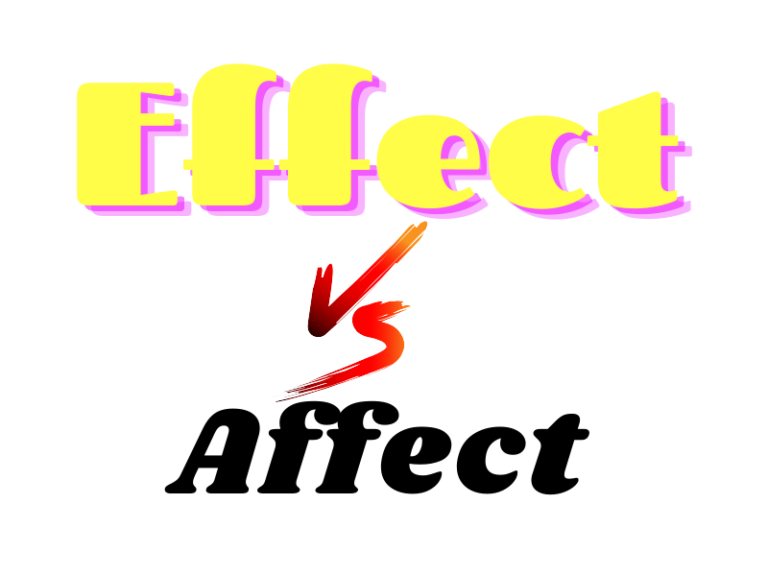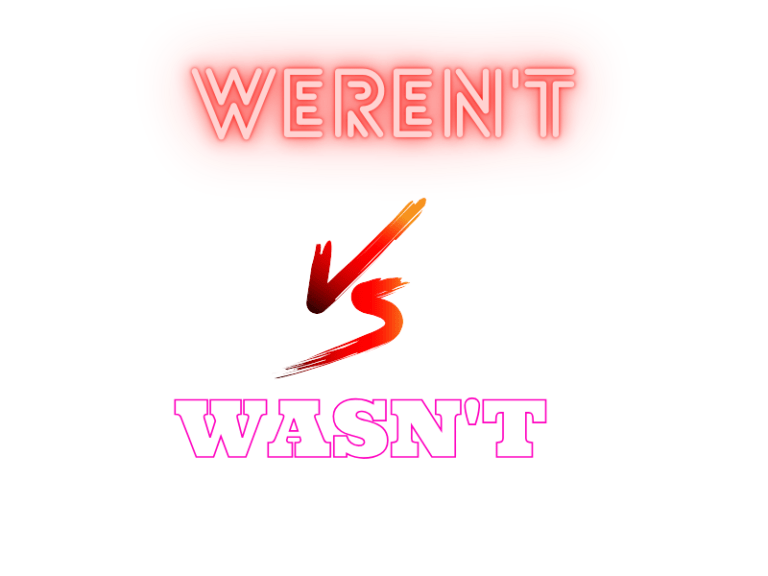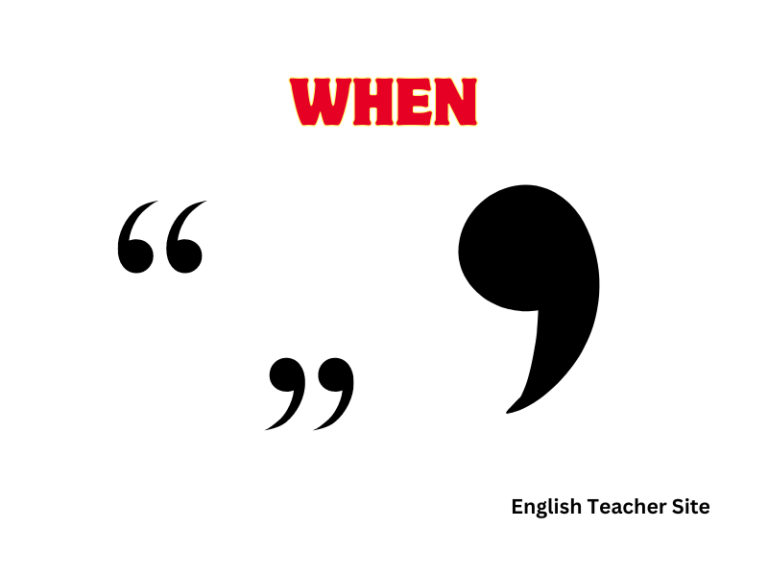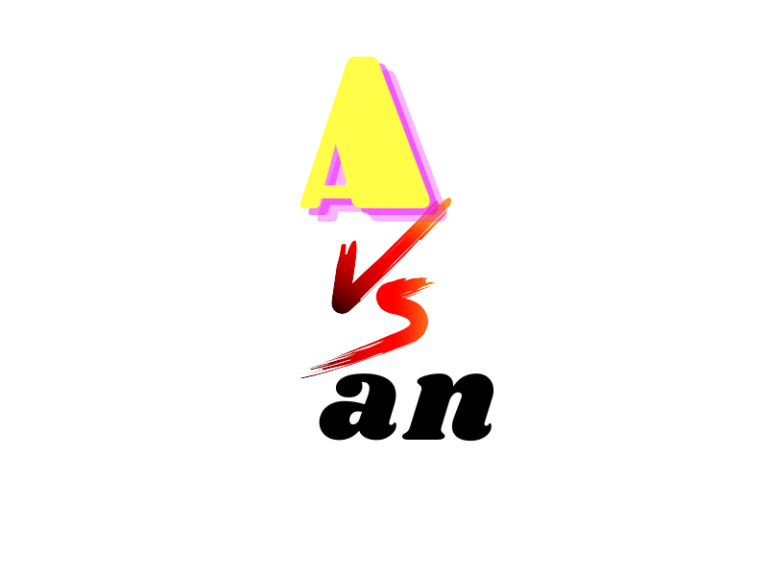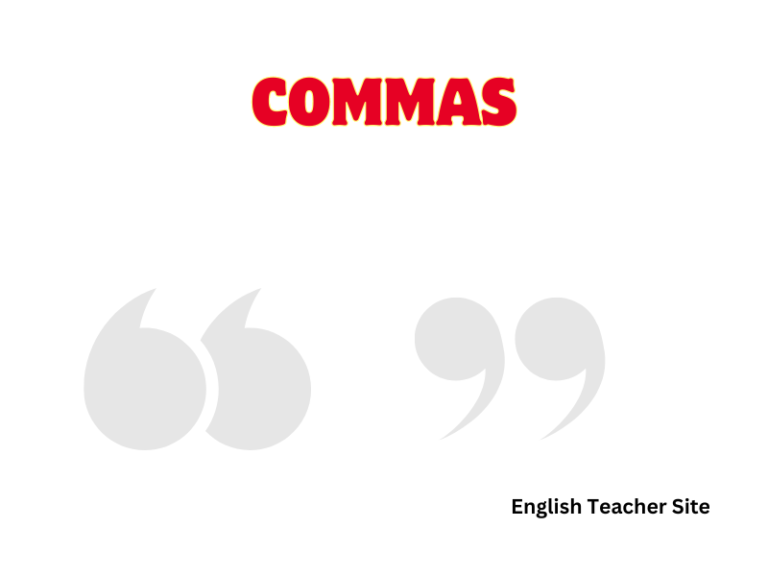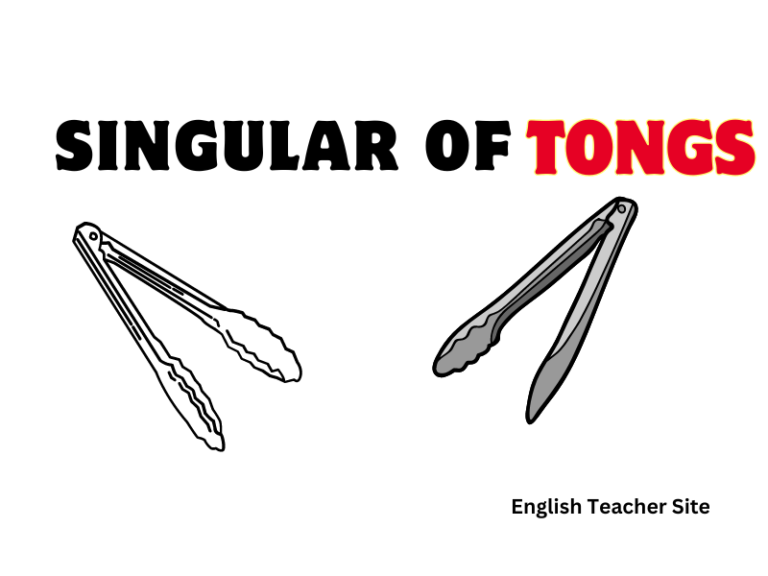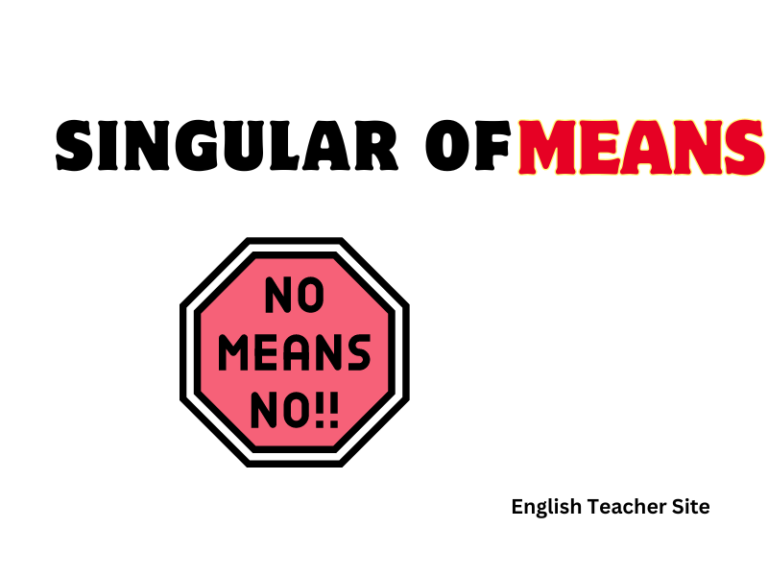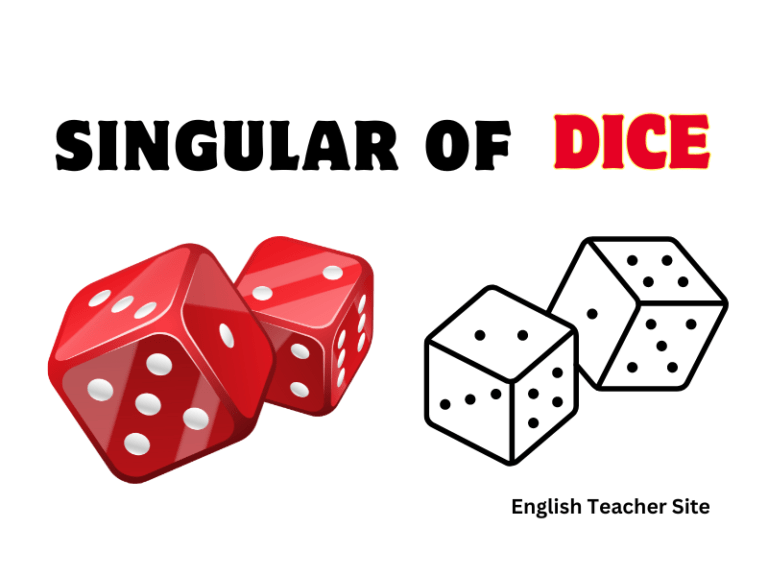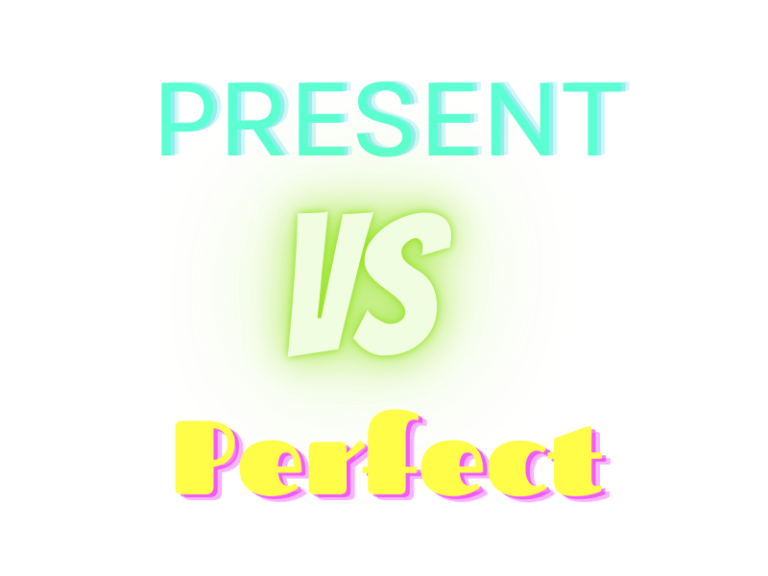When to Use Effect vs Affect: Understanding the Difference
In most instances, “affect” refers to the action of influencing something. If you’re describing the influence of one entity on another, “affect” is the word to employ. For example, saying “The weather affects my mood” suggests that the weather has an influence on one’s emotional state. On the other hand, “effect” as a noun represents…

